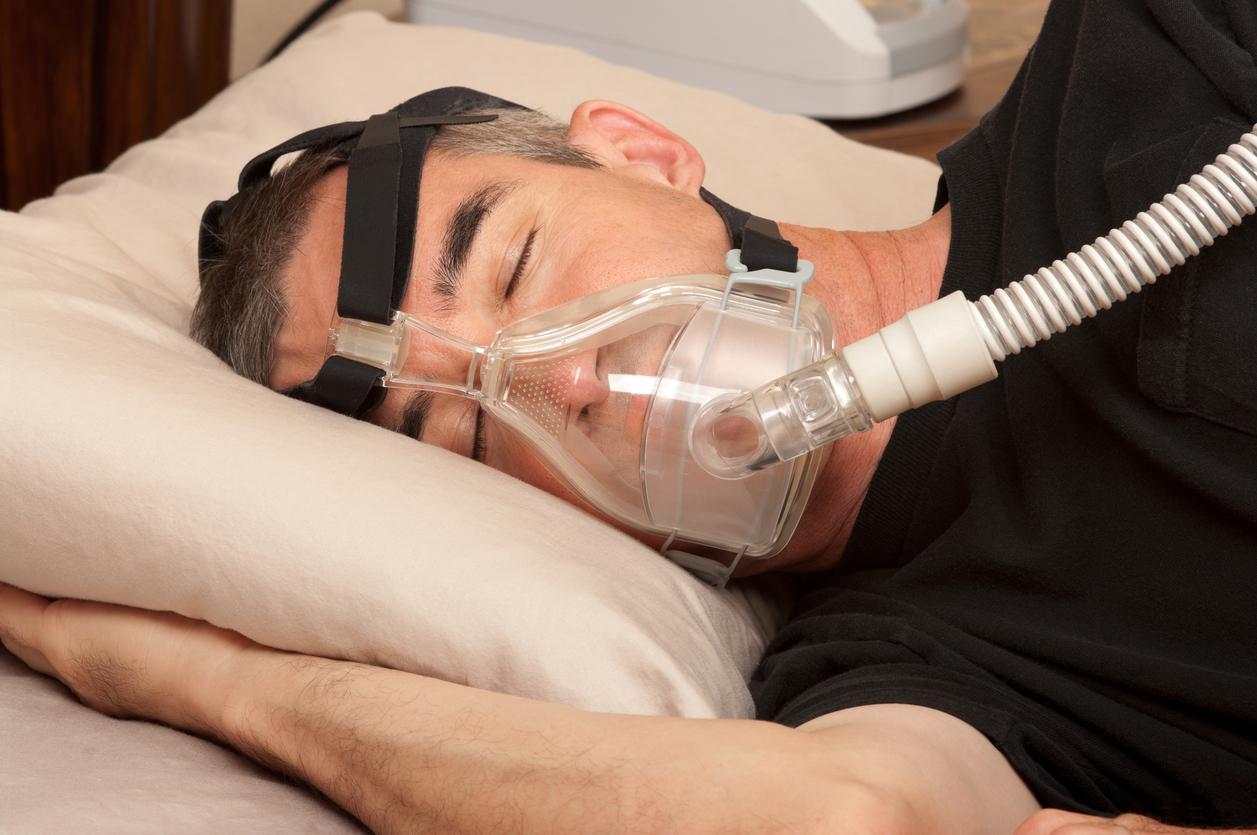
7 Reasons for a ‘Dry January’
“Alcohol is healthy”. “I deserved a glass of wine after work.” “Alcohol helps me to relax”. “It’s so cozy”. Those are just some of the statements made by avid drink enthusiasts. Because of the narcotic, happiness-inducing and calming effect of alcohol, it is a widely used stimulant. But did you know that an alcohol-free month, or even no alcohol at all, offers you surprisingly much more important benefits?
More efficient days
A pleasant evening “sag” ensures that you wake up the next day with a headache, it is more difficult to get out of bed and have to “break out”. Thinking and “doing what you have to do” is more difficult than usual. It saps energy. Figures from the RIVM even show that people are less effective on average because of a hangover for two and a half working days a year. In addition, inattention and drowsiness entail great risks (industrial accidents). The damage as a result of absenteeism due to illnesses associated with alcohol consumption is also considerable. No more drinking alcohol has an immediate effect. You waste less of your time and you have more efficient days, energy and safe conditions.
Better sleep quality
Scientific research shows that “taking a nightcap” ensures that you fall asleep faster than without a nightcap. You would also be in a deeper sleep phase during the first half of the night. However, once the alcohol has been broken down by your body after a few hours, your sleep will transition into a lighter sleep and you will change sleep phases more often. This makes you sleep more restless and you can wake up more often. Alcohol therefore mainly has an effect on the quality of sleep during the second half of the night. The day after, you may feel sleepier, depleted of energy, and less alert. Good news: if you are not dependent on alcohol, a few alcohol-free days and nights can already ensure that the sleep quality returns to the sleep quality you were used to. However, for those who do have an alcohol-dependent problem (besides some improvements), sleep problems can persist for years to come.
Less stomach acid
Both moderate and high alcohol consumption can cause or worsen heartburn. Alcohol consumption lowers the pressure in the upper and lower esophageal sphincters. The mobility of the esophagus also decreases. This increases the chance that stomach acid will rise through the esophagus after alcohol consumption. This feels uncomfortable and it can damage the cell layer of the esophagus. A (temporary) alcohol stop gives the esophagus rest, which reduces complaints.
Greater chance of a healthy body weight
Alcohol contributes to energy intake. A glass of red wine easily provides one hundred and twenty kilocalories. This is comparable to the number of kilocalories in a sandwich. During a pleasant evening you can drink quite a few “sandwiches”. In addition, alcohol consumption increases appetite. Coupled with the sheer number of treats on social occasions, this can lead to overeating. This puts you in a positive energy balance (taking in more kilocalories than you need), which makes you gain weight. Whoever inserts an alcohol-free month, and does not compensate for the energy intake by eating more and/or drinking (alcohol-free), can lose no less than a few kilos.
Less chance of chronic diseases
Scientific research shows that moderate daily alcohol consumption reduces the risk of: total death, coronary heart disease, stroke, heart failure, diabetes mellitus type II and dementia. However, that does not mean that we should now start drinking alcohol en masse. Scientific research also shows that a daily alcohol consumption of half to one and a half glass increases the risk of breast cancer compared to less than half a glass of alcohol. In addition, higher alcohol consumption increases the risk of colorectal cancer and stroke compared to lower alcohol consumption. The Health Council therefore advises not to drink alcohol, or in any case no more than one glass a day. Those who want to reduce the risk of chronic diseases can best achieve this by maintaining a healthy lifestyle. For example, did you know that an alcohol-free period of at least seven days, but preferably a few weeks, already lowers blood pressure? This can also happen if you have normal blood pressure.
Healthier liver values
It has been known for some time that excessive alcohol consumption can lead to cirrhosis of the liver. The effect of moderate alcohol consumption on liver values, on the other hand, has been less well studied. In January 2017, researchers from Radboudumc investigated this on a small scale, in collaboration with De Kennis Van Nu. Fourteen subjects were asked not to drink alcohol for one month. After this month, the belly fat of the alcohol abstainers had decreased. Cholesterol values and blood values that indicate irritated, decayed liver cells also decreased. In a number of alcohol abstainers, liver fat even decreased. It can therefore be concluded with some caution from this study that an alcohol-free month has positive effects on liver values. However, more research is needed to be able to conclude anything with certainty.
Less chance of habituation
Regular alcohol consumption (including smaller amounts of alcohol) can lead to habituation and alcohol dependence. This develops very gradually. Habitual drinking and cravings can cause you to drink more and more to achieve the same calming effect. The people at increased risk for this are people with: a genetic predisposition, dependent personality traits, a negative self-image, limited coping skills for coping with stress and a social environment in which a lot of alcohol is consumed. Alcohol dependence leads to damage to organs, blood vessels, the brain and peripheral nerves. The risk of psychological disorders is also increased (depression, anxiety disorders and sleep disorders). If you are aware of your alcohol use, you can try to break your habits and develop new ones. This takes time and attention, but it will give you more in the long run than the short-term effects of alcohol.
Conclusion
Not drinking alcohol contributes to more efficient days, a better night’s sleep, less stomach acid, a healthier body weight and a smaller chance of chronic diseases and habituation. Would you like to have a drink with friends and/or family every now and then? Then there are also alcohol-free alternatives available (such as alcohol-free cocktails).
Sources
- Health Council. Alcohol – Background document to Guidelines for a healthy diet 2015. The Hague: Health Council, 2015; publication no. A15/05.
- Linden K. (2010). Pocket book of psychiatry syndromes. Chapter 8: Alcohol Dependence, written by Bolster HMG
- Tailor B., Irving HM, et al. (2009). Alcohol and hypertension: gender differences in dose–response relationships determined through systematic review and meta-analysis. Society for the study of addiction.
- Knott C., Bell S., et al. (2015). Alcohol Consumption and the Risk of Type 2 Diabetes: A Systematic Review and Dose-Response Meta-analysis of More Than 1.9 Million Individuals From 38 Observational Studies. American Diabetes Association.
- Husain K., Ansari RA, et al. (2014). Alcohol-induced hypertension: Mechanism and prevention. World Journal of Cardiology.
- Irish LA, Kline CE, et al. (2015). The role of sleep hygiene in promoting public health: A review of empirical evidence. Elsevier.
- Poli A, Marangoni F, et al. (2013). Moderate alcohol use and health: A consensus document. Elsevier.
- Bujanda L. (2000). The effects of alcohol consumption upon the gastrointestinal tract. The American Journal of Gastroenterology.
- Trimbos Institute.
- Alcohol The Boss. A new habit.
- Maagacid.nl. Frequently Asked Questions.
- Public health care.info. Alcohol use > Numbers & Context > Current situation.
- The Knowledge of Now (2017). A month without alcohol.
- Van Loon W. (2016). Subway. “We’re wasting our time on alcohol.”
- NRC. Hangovers cost employers capital.
- Nutrition center. “One glass of alcohol a day is healthy, I think”.
- Disc of Five, Nutrition Center.

















